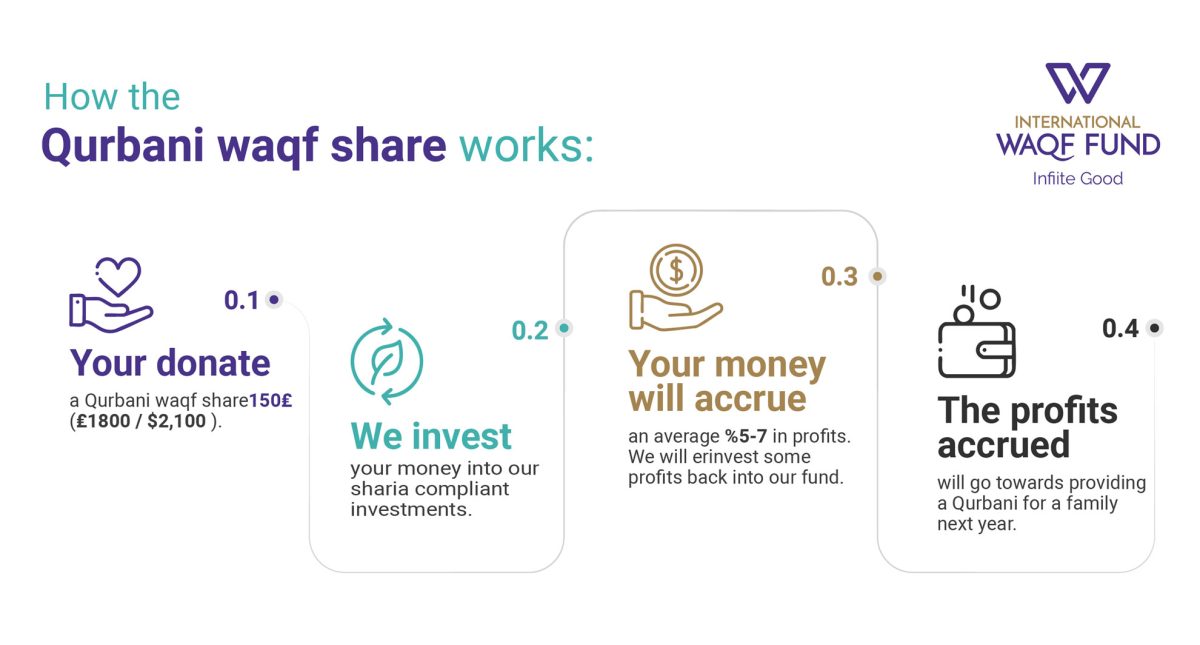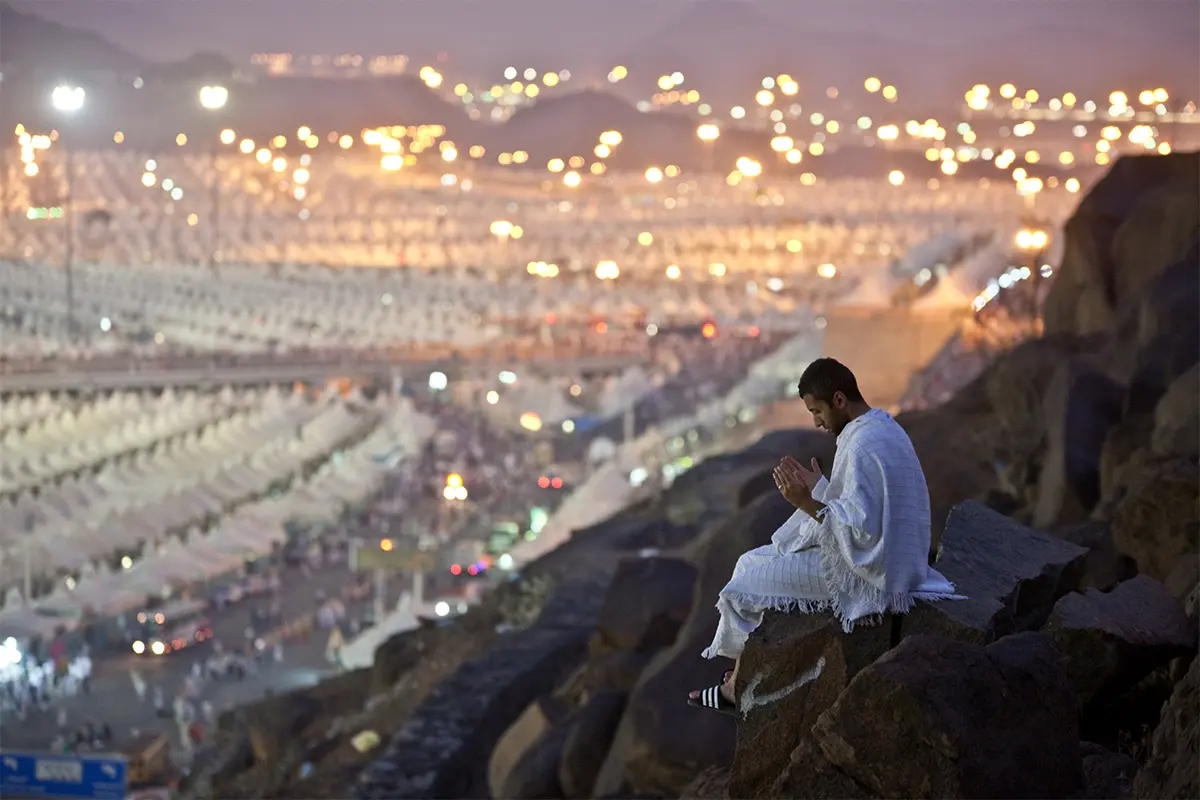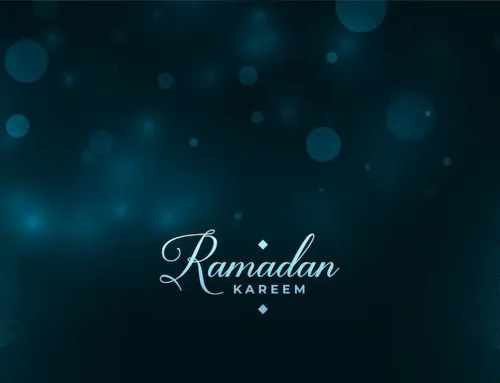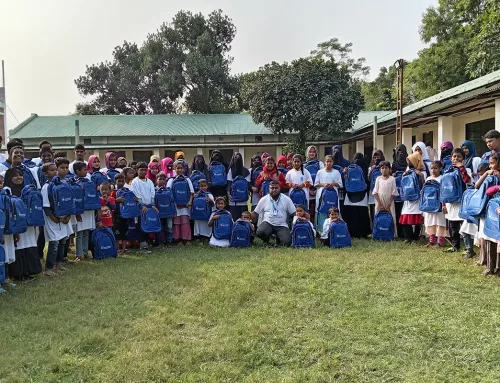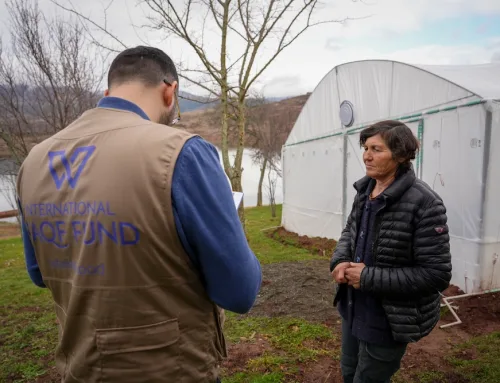Table of Contents
Eid al-adha 2025
eid al-adha in 2025, corresponding to the year 1446 in the Islamic calendar, is expected to begin on Friday, June 6, 2025, and continue until Monday, June 9, 2025, based on astronomical calculations.
However, the official date will depend on the sighting of the new moon of Dhul-Hijjah, which will be observed on the evening of May 27, 2025, to determine the exact start of the month and the precise date of the holiday.
What is the Qurbani?
The Qurbani (sacrifice) is an Islamic ritual intended to draw closer to Allah by sacrificing livestock (camels, cattle, or sheep) during the days of eid al-adha, starting from the Day of Nahr (the 10th of Dhul-Hijjah) until the last days of Tashriq (the 13th of Dhul-Hijjah).
The meat from the Qurbani is distributed in three parts: one part for the person offering the Qurbani and their family, one part to be given to relatives and friends, and one part to be donated to the poor and needy.
What is the Eid Prayer?
The eid prayer is a confirmed Sunnah prayer performed on the morning of eid al-adha shortly after sunrise.
It consists of two units (Rak’ahs), with seven Takbirs (saying “Allahu Akbar”) in the first Rak’ah after the opening Takbir, and five Takbirs in the second Rak’ah after standing up for the second unit.
After the prayer, the Imam delivers a sermon reminding the community of the rulings of the Eid and the sacrifice.
It is recommended for Muslims to attend the prayer and listen to the sermon, and the prayer should ideally be held in open fields or prayer grounds to gather as many Muslims as possible.
Prophetic Sayings (Hadiths) about Eid and the Udhiyah
- The Legitimacy of Udhiyah (Sacrifice):
- The Prophet Muhammad (PBUH) said: “It is obligatory upon every household to offer a sacrifice.”
- He also said: “Whoever has the means to offer a sacrifice and does not do so, let him not come near our prayer place.”
- Description of the Sacrifice:
- Anas ibn Malik (RA) reported: “The Prophet (PBUH) sacrificed two rams, both white and with black markings, and he slaughtered them with his own hands, uttered the Takbir, and placed his foot on their necks.”
- The Virtue of Udhiyah:
- The Prophet Muhammad (PBUH) said: “There is no act of worship performed by a human on the Day of Sacrifice more beloved to Allah than shedding blood. It will come on the Day of Judgment with its horns, hair, and hooves, and indeed the blood of the sacrifice will reach Allah before it reaches the ground, so be content with it.”
- Time of Sacrifice:
- The Prophet (PBUH) said: “Whoever sacrifices before the prayer, it is just for himself. But whoever sacrifices after the prayer, he has completed his sacrifice and followed the Sunnah of the Muslims.”
- Defects that Make the Sacrifice Invalid:
- The Prophet Muhammad (PBUH) said: “There are four types of animals that are not suitable for sacrifice: the one-eyed (whose blindness is obvious), the sick (whose sickness is obvious), the lame (whose limp is obvious), and the broken (whose bones are not solid).”
- Prohibition of Fasting on Eid Days:
- Abu Sa’id al-Khudri (RA) reported: “The Prophet (PBUH) forbade fasting on the Day of Eid al-Fitr and the Day of Eid al-Adha.”
- Sunnah Acts of Eid:
- Abdullah ibn Umar (RA) reported: “The Prophet (PBUH) used to pray on Eid al-Adha and Eid al-Fitr, and then he would give a sermon after the prayer.”
- Jabir ibn Abdullah (RA) said: “Whenever the Prophet (PBUH) went out on Eid, he took a different route to return.”
These Hadiths highlight the significance of Eid al-Adha and the practice of offering the sacrifice in Islam. They provide guidance on the rules and traditions associated with the holiday and encourage Muslims to observe these rites with sincerity and devotion.
How the Qurbani Waqf share works
It will only cost you £1,600 to offer Qurbani for a lifetime. We will invest your donation in the low-risk investment fund we manage, which typically generates an annual return of 5-7%. Most of these returns will be used to provide Qurbani in the following year, while a portion will be reinvested into the endowment fund.
Your investment will help feed more and more families each year, benefiting up to 15 people per sacrifice. This allows you to contribute to an ongoing charity (Sadaqah Jariyah) that never ceases.
